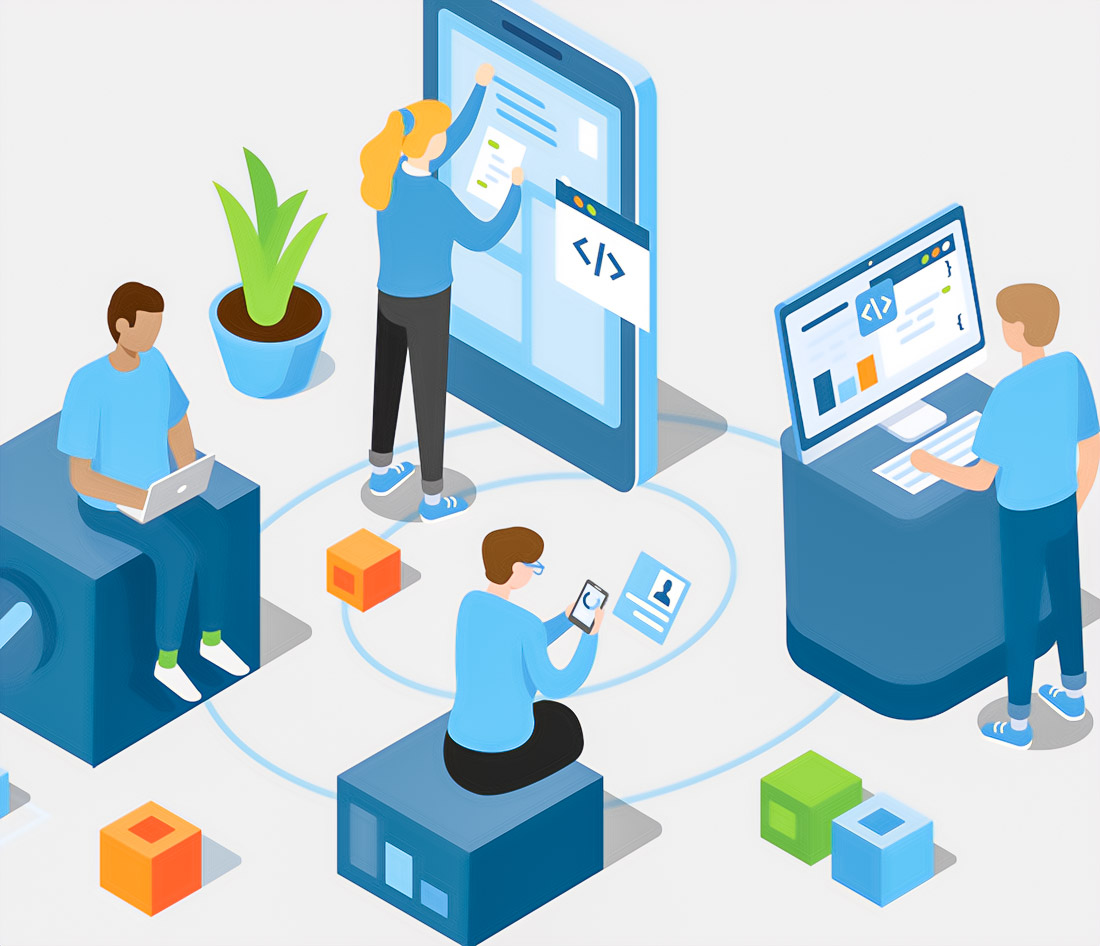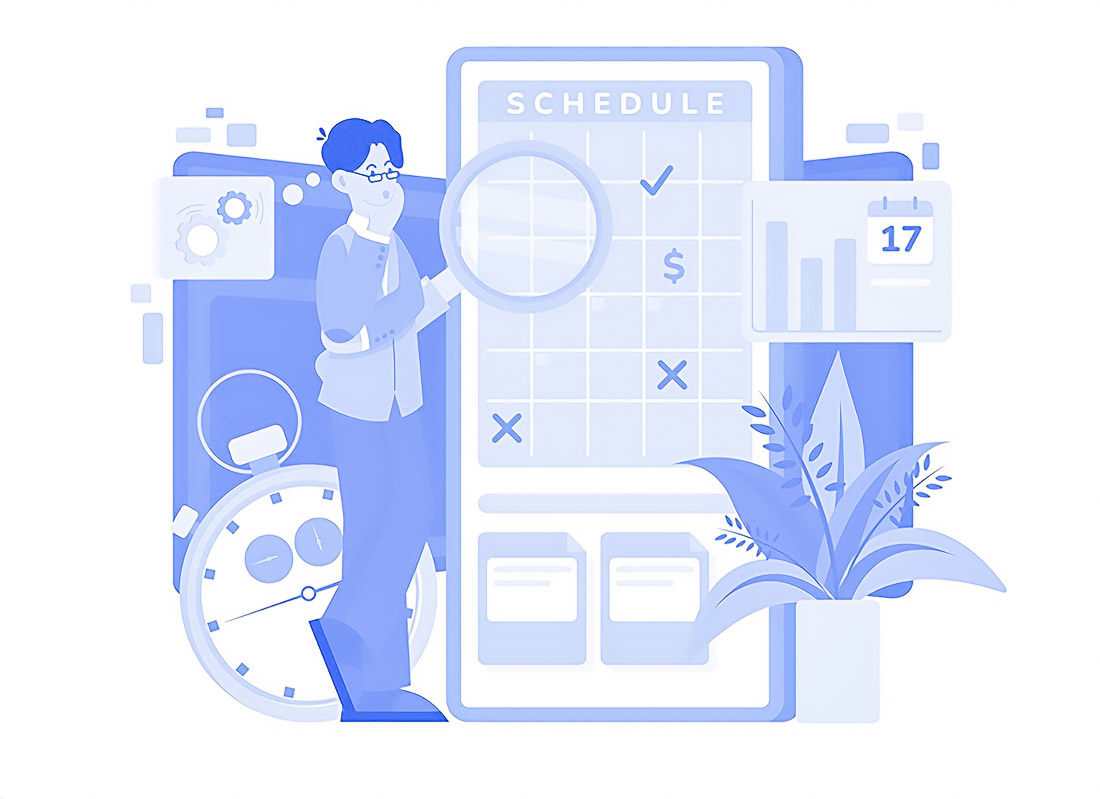Healthcare in the UAE in recent years has become a clear example of how technology can change the very essence of the medical system. Smart appointment systems, predictive analytics, electronic medical records and wearable devices create a new format of interaction. Patients get more control, and doctors are freed from routine processes.
Smart Systems Transform Patient Access

The implementation of appointment scheduling solutions has already brought tangible results. Automated reminders via SMS and WhatsApp reduced the number of no-shows by 41%. Attendance increased by 34%. For clinics, this means fewer empty windows and an accurate allocation of doctors’ time. For patients, it means confidence and convenience, supported by smoother customer journey management across the entire healthcare process.
In emergency departments, sorting algorithms based on the severity of the condition have reduced the waiting time for critical patients by 30%. Silent ICU was introduced in intensive care. Noisy devices have been replaced by mobile devices. Patients’ anxiety dropped by 40%. The atmosphere in the wards has become calmer and safer.
Predictive Analytics Drives Better Outcomes

Predictive patient monitoring systems work around the clock. They monitor blood pressure, pulse, and sugar levels. At the slightest deviation, the doctor receives a signal. This is critically important for patients with chronic diseases. Wearable devices are turning into permanent assistants, reducing the number of unnecessary visits and hospitalizations.
Diagnostics are changing radically. AIRIS-TB is capable of processing up to 2,000 X-rays daily. The burden on radiologists is reduced by 80%. This frees up resources for analyzing complex cases and increases accuracy. Personalized medicine based on genetics and medical history allows you to choose the treatment for a specific person. This is especially important in cardiology and oncology.
Digital Tools Streamline Clinical Workflows

Electronic medical records and hospital management software are becoming a key foundation. The introduction of clinical documentation systems has reduced the time required to complete documents by 35%. The use of intelligent recording solutions has reduced the time needed to make an appointment by 50%. Doctors have more time to communicate with patients.
Automation has also affected the prescribing of medicines. Smart issuing systems have reduced the number of errors by 60%. Patients began to receive medicines faster, and processes became more reliable. Hospital management systems integrate laboratory tests, schedules, and pharmaceutical modules. This reduces risks and speeds up work.
UAE Healthcare Technology Poised For Growth

The dynamics are confirmed by the numbers. The UAEmedical technology market is growing by 34.6% annually and is expected to reach $138 million by 2030. The reason is active investments in telemedicine, smart hospital systems and predictive solutions.
The results are already visible. Patients receive quick access to care and personalized treatment. Doctors are relieved of paperwork. The system is becoming more stable, predictable, and more efficient.
The future of medicine in the UAE is shaped by the speed of reaction, the accuracy of diagnosis and the competent use of data. This model combines efficiency and caring for a person. That is why the country is increasingly seen as a global landmark of modern medicine.

I am happy to give reasonable advice on budgeting to people with any income level. I currently live in Portland, Oregon, and am ready to do freelance assignments and make presentations.
